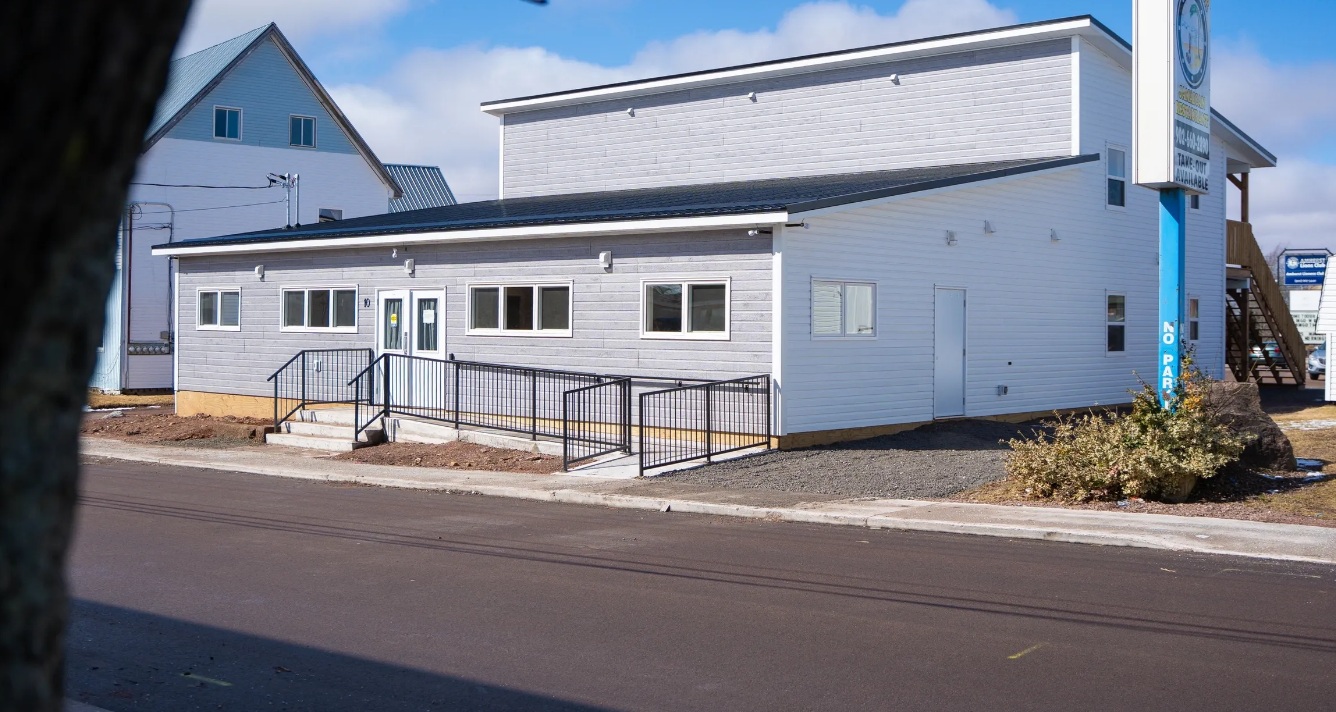The Town of Amherst has received $364,837 from the federal Emergency Treatment Fund (ETF) to launch the Town of Amherst Mobile Outreach Program. This is a new, collaborative, community-led initiative aimed at addressing the ongoing toxic drug and overdose crisis in the region, through service delivery supported by a mobile response vehicle and full-time staffing.
Amherst is the only community in Nova Scotia to receive ETF funding, marking a significant step forward in addressing the complex needs of individuals struggling with substance use, housing instability, and mental health challenges.
The Town of Amherst Mobile Outreach Program will be operated through a partnership led by the Cumberland Homelessness and Housing Support Association (CHHSA), in close collaboration with the YMCA of Cumberland’s Community Development Program, the Amherst Police Department, Nova Scotia Mental Health and Addictions, and other community partners.
Trauma-informed, mobile supports will be offered to residents who are often underserved and living at the margins of traditional systems of care.

Cumberland Homelessness and Housing Support Association's shelter on Prince Arthur Street in Amherst. This organization will be leading delivery of mobile supports for those in need through funding from the federal government's Emergency Treatment Fund.
“We are honoured to receive this critical funding,” said Rob Small, Mayor of Amherst. “This investment will allow our network of community partners to bring support directly to individuals who might otherwise be left behind – those who lack access to transportation, stable housing, or consistent care. With this outreach program, we can meet people where they are and connect them to the resources they need, with dignity and compassion.”
The Town of Amherst Mobile Outreach Program will:
- Deliver on-the-ground outreach and intervention services
- Provide access to harm reduction supplies, including naloxone
- Connect individuals to mental health, addiction, and housing supports
- Strengthen collaboration between local law enforcement, health care, and social service providers
The program builds on Amherst’s ongoing efforts to create a more inclusive and supportive community, particularly for residents who have historically had few or no viable options for help.
“This funding is a major step forward,” said Small. “It validates the work that CHHSA and our community partners have been doing for years and gives us the tools to expand that work in a meaningful and sustainable way.

